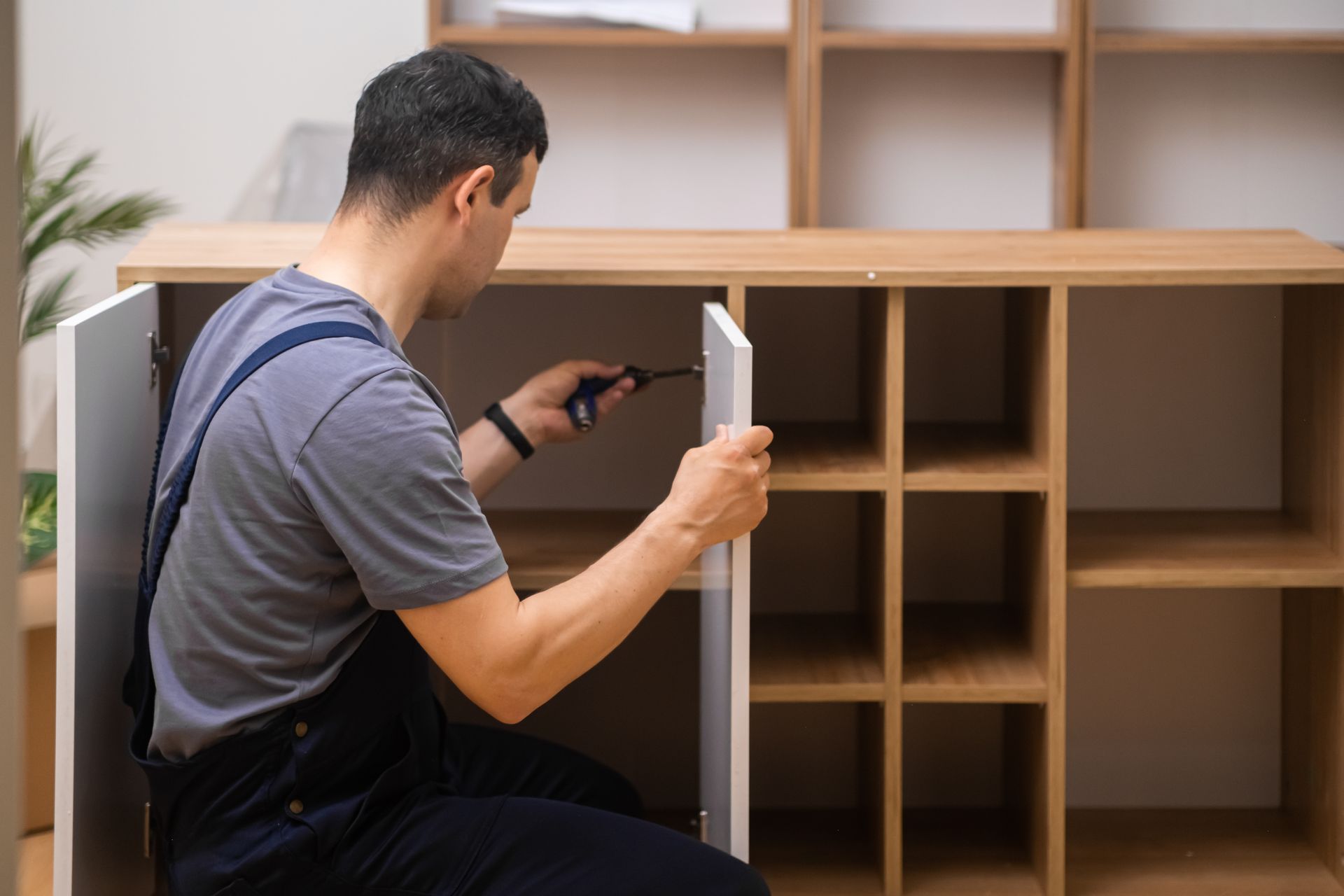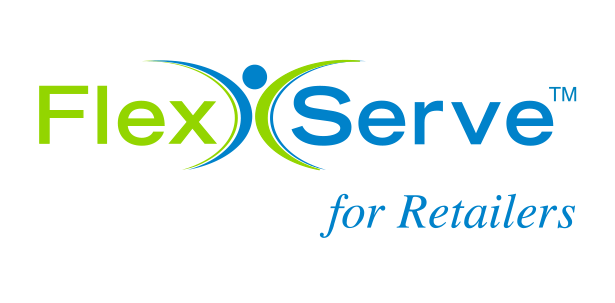The Hidden ROI of Offering Extended Furniture Protection Plans
Why Retailers Are Adding Service Contracts to Their Sales Strategy
Extended service programs have become a common part of the conversation between furniture retailers and their customers. They are often pitched at checkout or bundled into the final price, but many businesses still question whether they truly add value. For some, service plans feel like a tough sell. For others, they’re a critical part of customer retention and revenue strategy.
The truth is, when positioned and managed correctly, protection plans can offer much more than a safety net for consumers. They can provide an often overlooked source of recurring revenue, reduce return rates, and improve the overall customer experience.
ServeCo has developed a full suite of extended service programs tailored to the furniture industry. These aren’t cookie-cutter warranties. They’re designed to meet the unique needs of sleep and home furnishing retailers and manufacturers who want to protect both the product and the customer relationship.
What Modern Consumers Expect
Customers today are used to having options. From electronics to mattresses, they are constantly offered protection plans. In furniture, where the ticket price can be high and damage risks vary, having the option to purchase coverage creates peace of mind.
What’s changed is how those plans are perceived. A decade ago, consumers may have viewed them as add-ons. Now, especially in higher-end and custom furniture, they see them as a normal part of the transaction. When a retailer fails to offer one, it can even create doubt about the quality of the product or the store's commitment to service.
Consumers also expect transparency. They want to understand what’s covered, how to file a claim, and how quickly the issue will be resolved. ServeCo structures its plans in a way that’s clear and easy to manage, with detailed service documentation and defined processes for both the retailer and the customer.
Turning a Cost Center Into a Profit Center
Customer service and repair handling can quickly become a cost center for furniture brands. Unplanned claims, frustrated customers, and the labor required to resolve service issues all cut into profit.
ServeCo’s extended service plans help shift that dynamic. Instead of absorbing the cost of stain removal, mechanism failures, or pet-related damage, retailers can offer plans that take on those risks and generate income in the process.
The structure of ServeCo’s programs allows for tiered pricing, giving customers flexibility while ensuring that retailers and manufacturers receive support from ServeCo when issues arise. Depending on the service model in place, retailers may even earn back-end incentives tied to contract terms.
The added revenue from these programs may not be immediately visible, but it accumulates. Especially in businesses where margins are already tight, that can make a difference over time.
Reducing Product Returns and Exchanges
Returns are a constant challenge in furniture retail. Items are large, expensive to transport, and can’t easily be resold once they’ve been opened or used. Many returns stem not from dissatisfaction with the product but from avoidable issues like spills, pet damage, or accidental tears.
When customers know they have a protection plan in place, they’re more likely to seek service than a return. That reduces the logistical cost on the retailer’s end and can lead to a better customer outcome.
ServeCo’s plans are backed by an in-house technician network, which means claims are not only processed quickly but are resolved by professionals. This type of service encourages customers to hold on to their purchase rather than request a replacement.
Offering Flexibility Without Complexity
One of the biggest concerns retailers face when offering service plans is the complexity of managing them. It takes time to process claims, track plan eligibility, and coordinate repairs. If done poorly, it creates stress for the customer and the brand.
ServeCo solves this by handling the administration, communication, and service coordination on the retailer’s behalf. Their platform allows for easy enrollment, plan management, and performance reporting. Retailers and manufacturers stay informed without having to be directly involved in every ticket or service call.
This hands-off model reduces workload while still giving businesses the ability to shape the customer experience. ServeCo also works with retailers to train frontline sales staff, ensuring that the program is represented accurately and professionally.
Adapting the Plans to Fit the Brand
Not all furniture brands are the same. A luxury retailer selling handcrafted leather pieces needs a different service approach than a big-box store selling high-volume living room sets. ServeCo understands that and offers customizable plans that can reflect the tone, pricing, and positioning of the business.
Retailers can select coverage levels, determine which products are eligible, and even incorporate branding into the program. That level of flexibility allows businesses to build customer loyalty in a way that’s aligned with their broader goals.
Rather than trying to retrofit a third-party program to fit your business, ServeCo adapts its offerings to meet the specific needs of your sales strategy and customer base.
Managing Risk and Liability
There’s a natural hesitancy in the industry around offering service plans. If something goes wrong or if a customer is unhappy with the response, it can reflect poorly on the brand.
That’s why ServeCo puts an emphasis on consistency and clarity. Their team ensures every service claim follows the same process, meets defined service timelines, and stays within the boundaries of the agreed-upon plan.
This reduces the likelihood of escalations or negative reviews. It also helps protect retailers and manufacturers from legal risk by providing a compliant, well-documented system for service fulfillment.
The idea isn’t just to offer protection. It’s to make sure that protection is delivered in a way that supports both the customer and the business.













